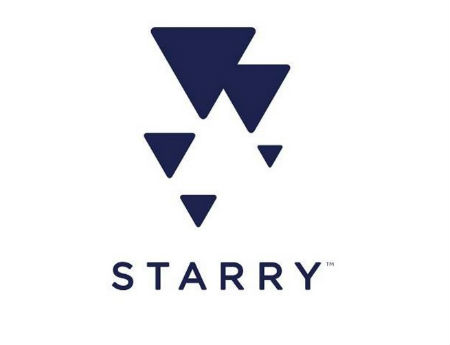CES 2018: Starry, Marvell Partnership Gets Fix on 5G
The smarter way to stay on top of the multichannel video marketplace. Sign up below.
You are now subscribed
Your newsletter sign-up was successful

Starry, the wireless broadband startup, and chipmaker Marvell have teamed on a tech partnership that aims to accelerate the deployment of 5G-based fixed wireless services.
Under the plan, Starry will combine its pre-standard 5G system focused on millimeter wave spectrum and smart antenna tech with Marvell’s 802.11ax chips.
The collaboration, they said, will focus in two areas – a “blueprint”/reference design for Starry’s millimeter wave, point-to-multipoint fixed broadband transceivers (the last mile in Starry’s infrastructure) that integrate Marvell’s 802.11ax chipsets; and a cloud-based internet and WiFi network monitoring platform that will tie into every node of the network and check performance of base stations and receivers as well as in-home WiFi hubs.
Starry and Marvell expect both to become available in mid-2018. Elements of that handiwork will be on display at Marvell’s suite at this week’s CES in Las Vegas.
They hold that the partnership will broaden the technology ecosystem with near-term implications while pivoting away from pre-standard 5G tech that is being developed in “silos.”
It also helps Starry tighten its ties to WiFi, as the companies note that the bulk of the world’s mobile cellular internet traffic is served via WiFi from fixed networks.
The partnership takes hold the week after Starry launched a symmetrical 200 Mbps service in Los Angeles, and Washington, D.C., (initially in beta form), that follow a commercial deployment already underway in Boston. Starry is selling the data cap-free service for $50-per month.
The smarter way to stay on top of the multichannel video marketplace. Sign up below.
RELATED: Starry Launches 200-Meg Wireless Broadband Service in L.A., Washington, D.C.
They claim that the arrangement will lower the cost of entry into the market.
“When we started Starry, our goal from the beginning was to drive down the cost of deploying broadband, from the cost of equipment to speed of deployment. And we have been successful at achieving both,” Chet Kanojia, Starry’s CEO and co-founder said in a statement. “The barrier to entry in the market today – whether domestic or global – is cost. That’s why you see so few people willing to challenge incumbent monopolies. We saw 5G as an opportunity for a new ecosystem of access technologies and products to emerge – but felt that it could only happen if the barrier to entry was low.”
In an interview last week, Kanojia said that Starry and its high speed/no data cap approach has been particularly appealing to cord-cutters and cord-nevers.
Median consumption of the service is 450 GB per month in the early going, with to top 20% of Starry subscribers consuming between 600 GB to 1.6 terabytes of data per month.
More insight into Starry’s market learnings in the early going will be featured in the Platforms section of the January 15 issues of Multichannel News and Broadcasting & Cable.
